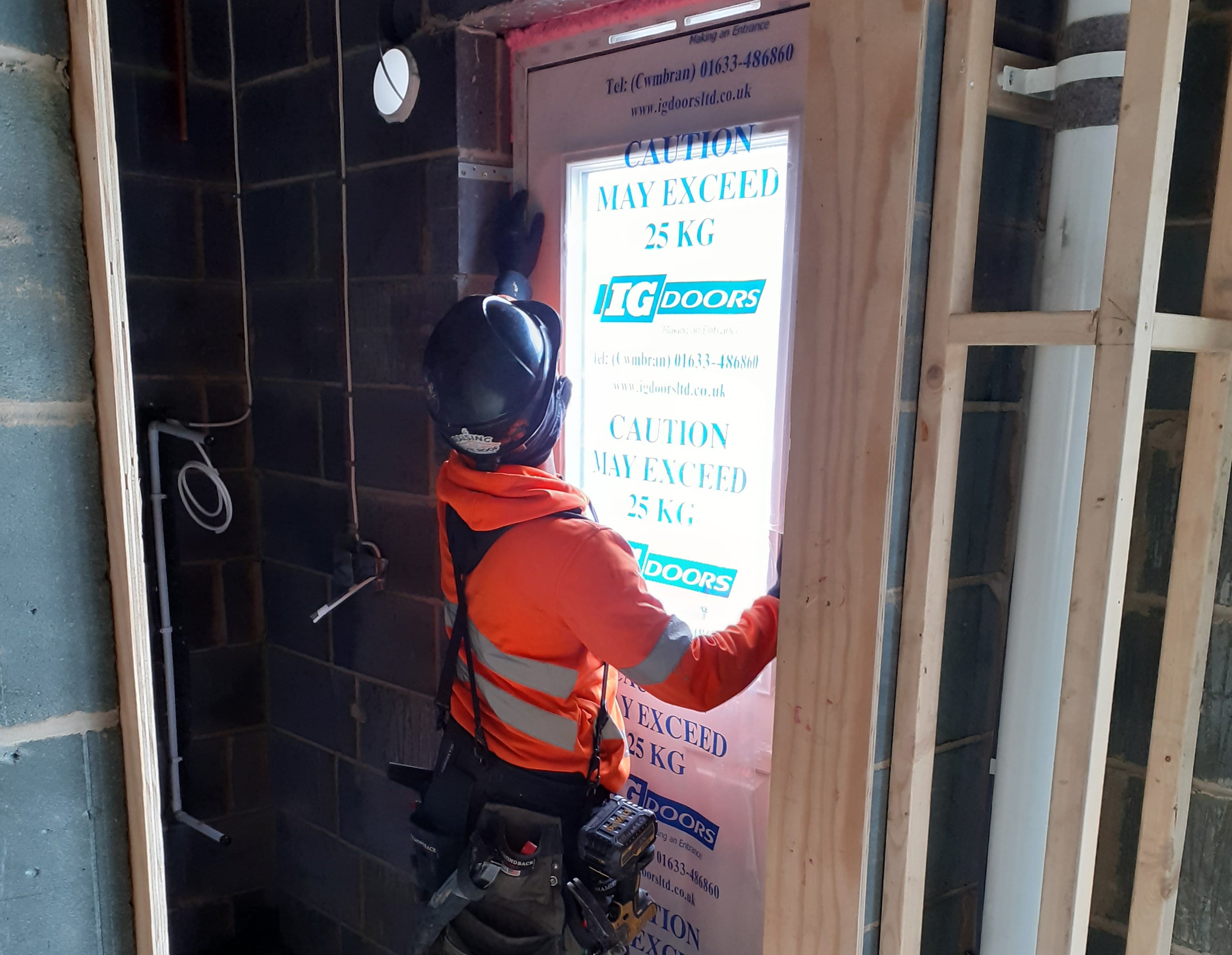
Examples Of The Effective Signage You Need On Your Construction Site
Construction sites can be chaotic, with multiple hazards surrounding workers and visitors. The best way to ensure safety on-site is by using unambiguous construction signage to communicate important messages and information. These signs not only create awareness of potential hazards but also provide guidance on what to do in the event of an emergency. Clear and effective signs are mandatory on all construction sites according to UK Health and Safety Regulations, but how many types are there and what do their different colours mean?
1. Prohibition signs
Prohibition signs are used to indicate what is not allowed on the construction site. They typically have red borders around them or are red all over. These signs are essential to prevent accidents and injuries. Examples of these signs include No Smoking, No Access for Pedestrians, and No Access for Unauthorised Persons. These should be placed in areas where people are most likely to misbehave, such as areas where smoking is prohibited.
2. Warning signs
Warning signs advise workers and site visitors of potential hazards or dangers. They are usually indicated by a yellow triangle with a black border. Examples of warning signs include High Voltage, Wet Floors, Work Overhead, or Harmful Chemicals. These signs are essential to ensure that people are aware of the risks and take the necessary precautions to reduce danger.
3. Mandatory signs
Mandatory signs inform staff and visitors about things they must do or not do on the site. These signs are typically blue and are usually a circle with a white symbol. Examples of mandatory signs include ‘Hard Hats Must Be Worn’, ‘Safety Vests Must Be Worn’, and ‘Keep Out’. These signs are critical for promoting safety and ensuring that workers and visitors follow specific safety guidelines and best practices on your site.
4. Health and safety signs
Health and Safety signs indicate safety awareness areas and tell people where to go in the event of an emergency. These signs are typically green, square, or oblong and can include fire exit signs and first aid station signs. By placing these signs in strongly visible locations throughout your site, you can ensure a safe and ordered response to any on-site emergency or evacuation order.
5. Fire equipment signs
Fire equipment signs are typically found where fire extinguishers or fire call points are located. They are usually red all over, rectangular, or square, with white symbols and lettering. Examples of these distinctive signs include Fire Alarm Call Point, Fire Extinguisher, and Fire Exit. These signs are essential to ensure that workers and visitors know the location of fire equipment and can take the necessary action in the event of a fire.
6. Information signs
Information signs provide workers, contractors, and visitors with crucial information about the site, such as the construction schedule, delivery areas, the location of important materials or equipment, administrative facilities, or the site plan/map. These signs are usually located around the site in areas where workers can easily access them, including the site entrance and staff areas.
7. Heavy lifting warnings
These signs are usually affixed to boxes, doors, equipment and materials, indicating that the weight of an item and advising that heavy lifting procedures are required in order to avoid injury.
8. Positional tapes
Positional tape is used to mark the location of electrical wires, gas and water pipes, preventing potentially dangerous mistakes, damage to earlier works, and wasted time.
Next steps
By using these signs effectively, construction companies can communicate important messages and information, reduce accidents and injuries, and comply with health and safety regulations. To find out more about on-site safety and information signage, please contact us today.
Click on the categories below to find out more about:

Connect with Us
Share this Page
More Posts
Recent Posts
- Celebrating Neurodiversity in Construction
- How to Encourage Women into Construction
- The Triple Threat To Contractors And Their Housing Projects
- SC4 and Lovell host 30 carpentry students
- Improving Safety And Wellbeing For Women In Construction
- Timber Tales: Exploring The Art And Science Of Timber Construction
